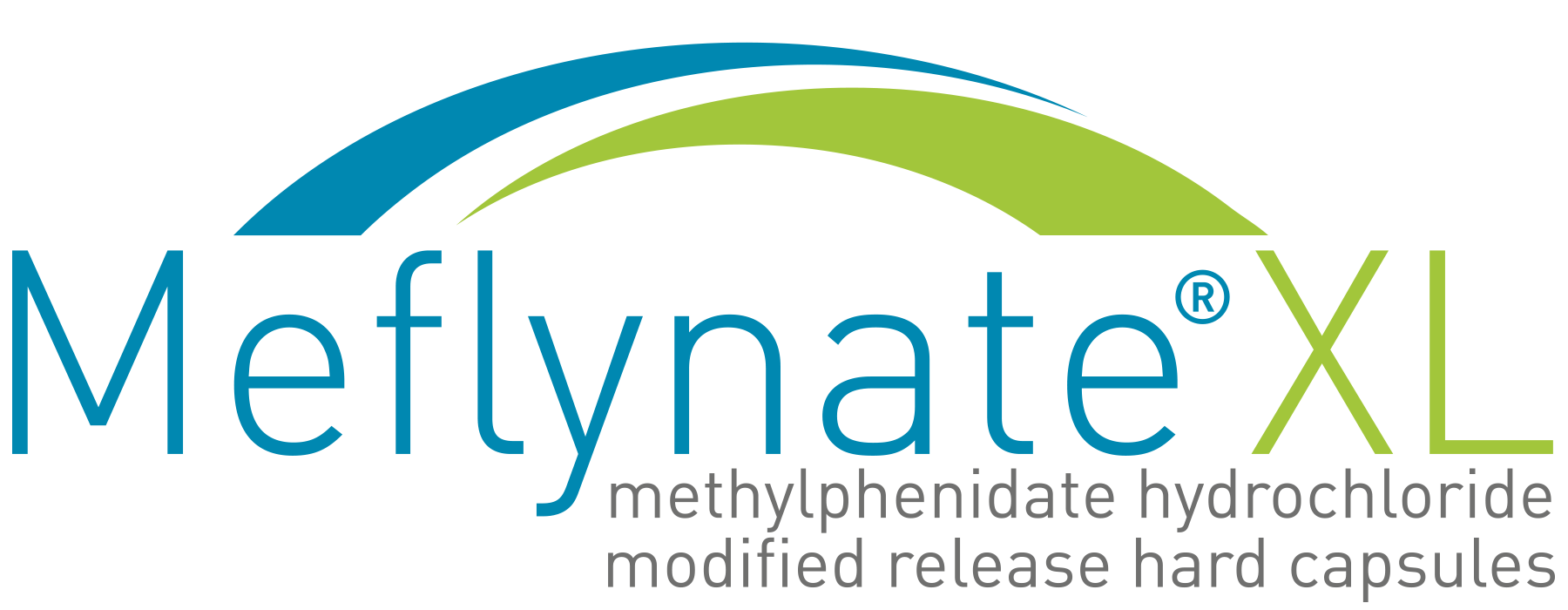This educational and promotional event is organised and funded by Flynn Pharma Ltd. This meeting is intended for UK healthcare professionals.
Adult ADHD Conference
Agenda

Kobus van Rensburg has more than 30 years’ experience in the field of neurodevelopmental conditions. Between 2003 and 2023 he was the team leader of the Adult ADHD, Autism and Tourette’s Team in Northamptonshire which he established as one of the first community teams of its kind in the UK. He is President of UKAAN, the UK Adult ADHD Network where he delivers the diagnosis and assessment of adult ADHD training to delegates from across the world.
He also designed and delivers the psychosocial support and skills training for adult ADHD training through UKAAN since 2019. Kobus has presented at numerous national and international conferences across Europe on the diagnosis and treatment of developmental conditions, the Language of ADHD and establishing services for adults with ADHD and autism. He was a member of the Department of Health’s external reference group for the adult autism strategy and provides teaching for doctoral students at the Oxford Institute of Clinical Psychology Training.

Dr Joe Johnson leads the Adult ADHD Service of the Mersey Care NHS Foundation Trust. Dr Johnson has over 15 years of consultant experience, working in acute and community psychiatry, and in prison settings; assessing and managing all common mental health conditions.
Dr Johnson completed his higher training in psychiatry from the University of Liverpool. He set up the adult ADHD service at the Mersey Care NHS Foundation Trust in 2008 and has since been heading the service which is one of the biggest ADHD service providers in the North West. He is the North West lead for the national organisation UK Adult ADHD Network (UKAAN). He has been actively involved in teaching and training and has been the postgraduate clinical tutor for over 6 years and an examiner for the MRCPsych exams. He is also the clinical lead for the Trust ECT service.

Dr Belea has worked as a consultant psychiatrist in South West London and St George’s NHS Trust since 2011 and most of her psychiatry training was carried out in the same Trust. She worked for seven years as an addiction consultant psychiatrist and seven years as an ADHD consultant psychiatrist, covering Sutton and Merton boroughs in both posts. In between, she has also worked as a general adult consultant psychiatrist.
Dr Belea graduated in medicine in Romania in 1998 and trained in psychiatry for two years before moving to the UK. Her main interests are the interface between psychiatry and spirituality, cultural psychiatry and mentoring, being the lead of the mentoring scheme that she established within her Trust.
Her lifelong interest in ADHD was aroused by her patients in addiction. One of her addiction patients was the first to convince the Trust to gain a referral to Professor Nutt for assessment and treatment of ADHD and subsequently others followed. Years later this led to the establishment of the ADHD services within South West London and St George’s NHS Trust. It was only when Dr Belea moved to the ADHD service that she realised how many ADHD diagnoses she had missed in the addiction service. Now she thinks that ADHD plus addiction/harmful use is one of the most challenging conditions to treat, and not only because of the NHS fragmented services.

Dr Bachlani works as Consultant Psychiatrist and Clinical Lead for the Autism/AuDHD pathway at Priory Woking Hospital.
In this role, Asif developed the private diagnostic pathway for autism within Priory Group which has been introduced across all Priory hospitals and wellbeing centres in the UK. When working in the NHS, Asif was the Trust Lead for adult ADHD for North East London NHS Trust (2013-2016) and developed the North East London Transition pathway, Child and Adolescent Mental Health Services (CAMHS) to Adult Mental Health Service (AMHS).
Asif has held various managerial and digital positions within the NHS and independent sector, including Clinical Director, NHS London Clinical Lead for Mental Health Outcomes and Chief Clinical Information Officer. Between 2022-24, Asif was Associate Non-Executive Director (NED) for Kent and Medway NHS and Social Care Partnership Trust with his portfolios being data, digital and quality.
Asif has spoken both nationally and internationally on the role of digital technology within mental health services. Asif is the RCPsych lead for Data & Digital Literacy, committee member of the Digital Special Interest Group and is Co-lead for the Digital Module of RCPsych Leadership and Management Fellow Scheme for ST4-6s.
Asif was awarded UK Psychiatrist of the year by the Royal College of Psychiatrists in 2024. This was in recognition of his work around digital psychiatry, population mental health and neurodevelopmental disorders.

Dr Judith Mohring is Managing Director of The Natural Psychiatrist, a boutique leadership and wellbeing consultancy in London.
She has 25 years' experience of clinical and organisational practice, having studied medicine at Cambridge and graduating as a gold medal finalist. She enjoyed a distinguished career as a private psychiatrist in the City and Harley Street before founding The Natural Psychiatrist to focus on education and coaching, enhancing business productivity and performance.
Her firm's clients include Goldman Sachs, M&G, Diligenta, Google, Latham & Watkins, Mishcon de Reya, A&O Shearman, Hill Dickinson, Travers Smith, Lancashire Group, RLB, Savills, Merck and Utility Warehouse.
She is an expert trainer for the UK Adult ADHD Network, on the advisory board for The Centre for Neurodiversity at work and a visiting lecturer in organisational psychiatry at King’s College London. She is also a visiting expert for Freefort and a member of the Royal College of Psychiatrists.
What will the webinar cover?
Key learning objectives
- To explore the prevalence and clinical impact of comorbidities experienced by adults with ADHD, and how these can influence the assessment, treatment and overall management of patients
- To examine the diagnostic value of self-developed coping strategies in individuals prior to a confirmed ADHD diagnosis and how these behaviours may obscure or inform diagnostic assessments in adults
- To discuss the management of ADHD and co-occurring ADHD and autism, highlighting medication choices and strategies for optimising treatment in everyday clinical practice
- To uncover and analyse the challenges associated with diagnosing ADHD in women, with the goal of improving understanding of how hormonal variation across the lifespan influences symptom presentation and what this means for the treatment of ADHD in women
- To understand the connection between ADHD and addiction, highlighting the key risk factors and challenges while exploring evidence-based approaches for treatment in clinical practice


